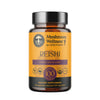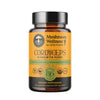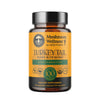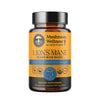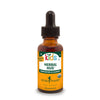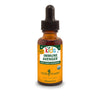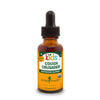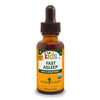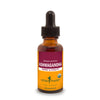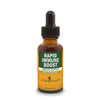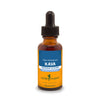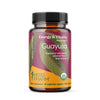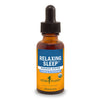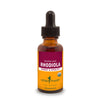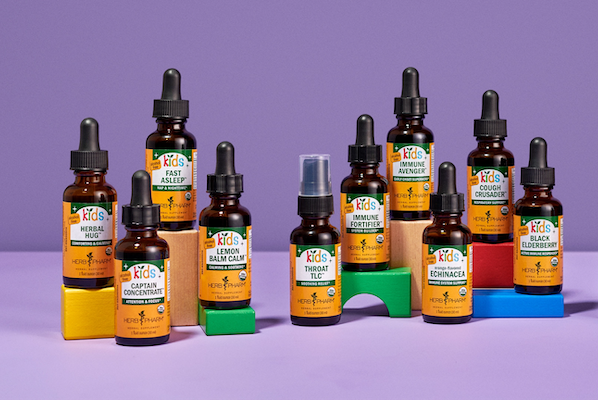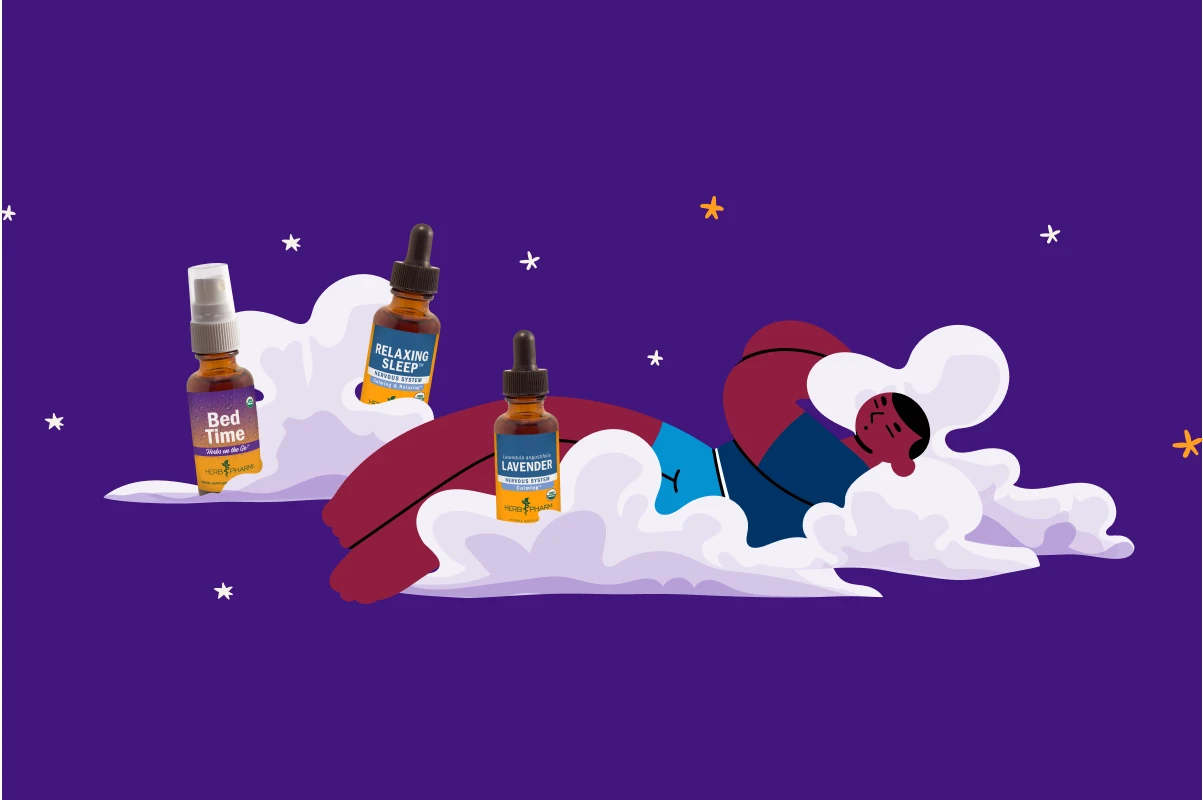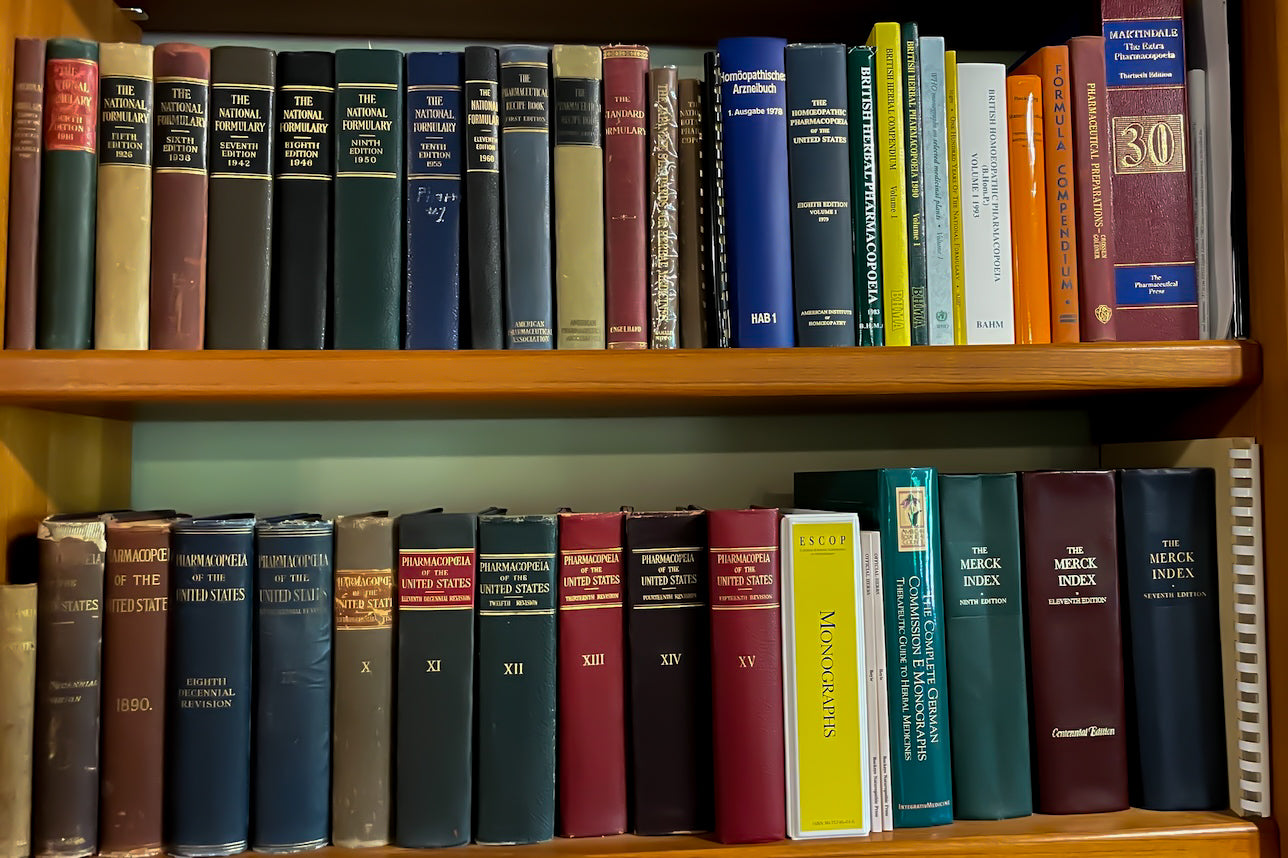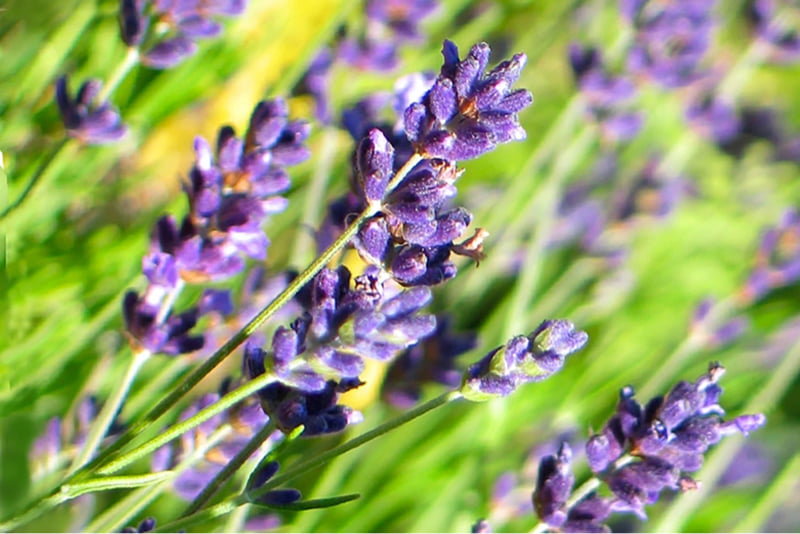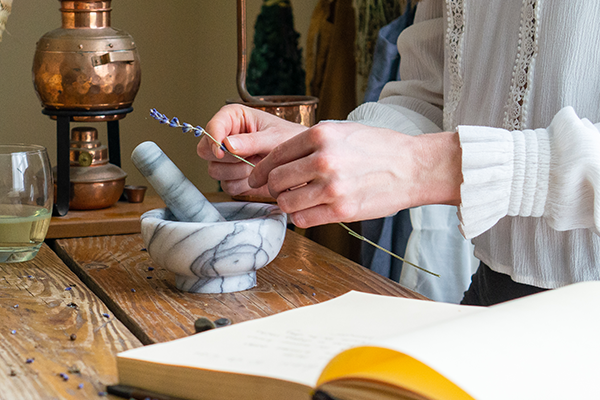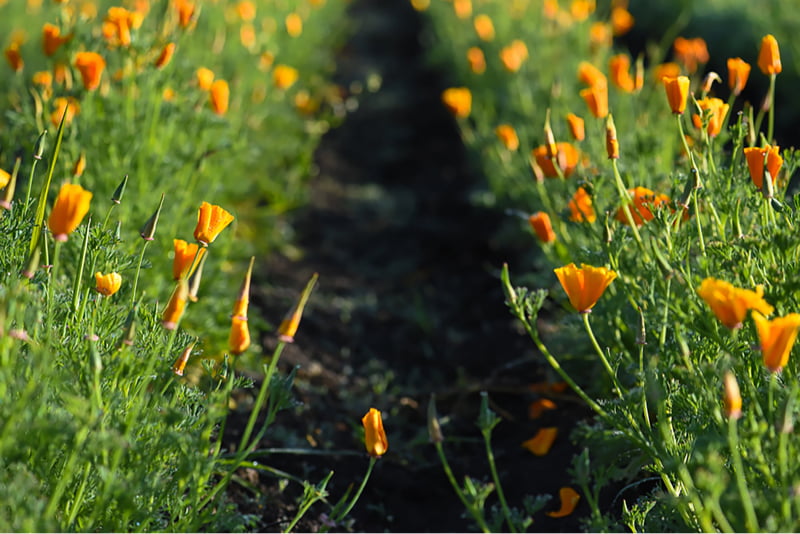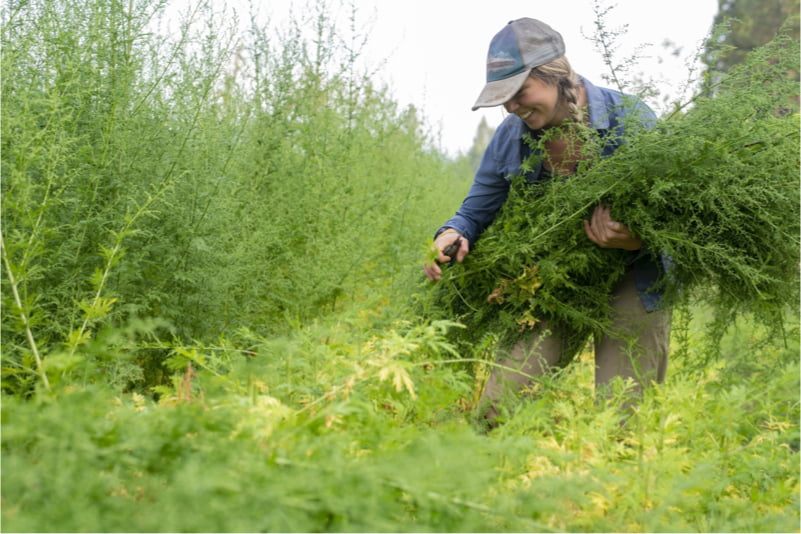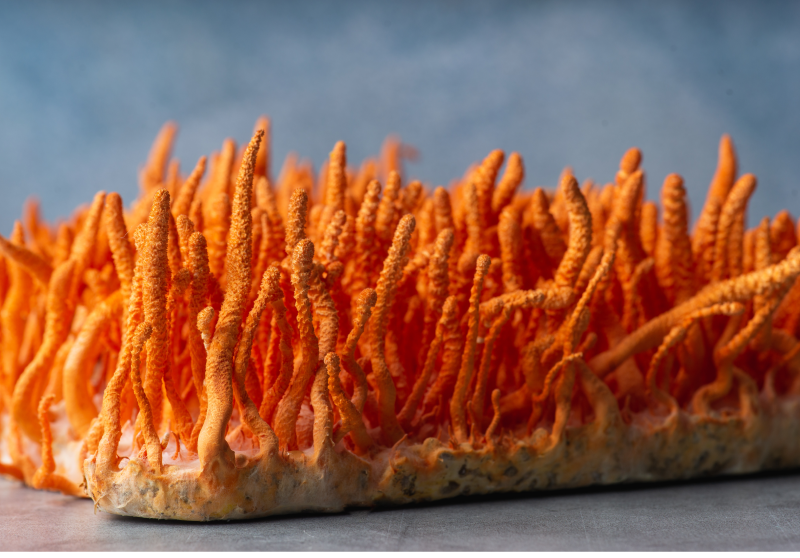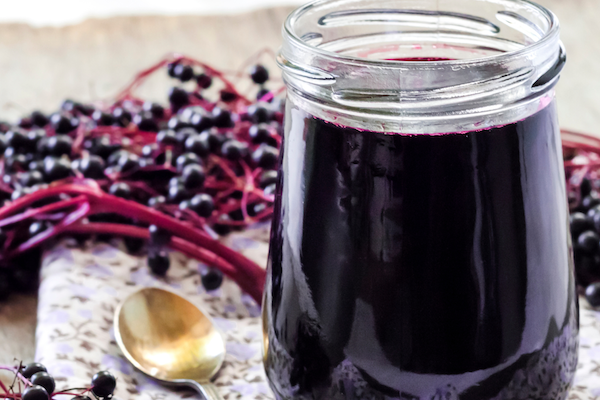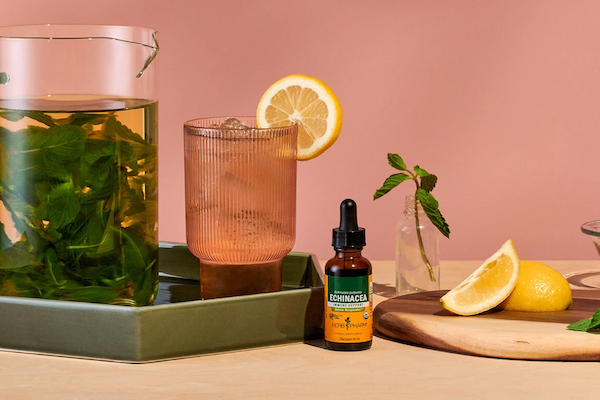We love talking about herbs and herbalism, and we especially love answering your questions about those
topics. That's why we brought in our team of herbal experts to respond to some of the most common questions
and concerns we hear.
Our herbalists have decades of combined experience working with herbs — and the people who take them. They
answer your most pressing questions, in our regular column “Ask an
Herbalist.”
How are herbs different from pharmaceuticals?
Finished products made from herbs, like herbal extracts and tinctures, are classified as dietary supplements,
while pharmaceuticals are classified as drugs, according to the U.S. Food and Drug Administration. Both are
strictly regulated, and, because of their distinct classifications, regulations for each category are
different.
Dietary supplements are defined and codified by the Dietary Supplement Health and Education Act of 1994
(DSHEA), under which the FDA regulates for current Good Manufacturing Practices (cGMPs) and labeling. This
includes label claims about what a dietary supplement can do to support the structures or functions of the
body. The Federal Trade Commission works with the FDA to ensure that claims made about the products in
advertising and marketing materials are truthful and not misleading.
To paraphrase DSHEA, an herbal dietary supplement is defined as:
A product intended to supplement the diet that bears or contains an herb or other botanical, or a
concentrate, constituent, extract or combination thereof. Among other specifics, the product is intended
for internal consumption and is not a food or drug.
We tend to think that herbs are plants, fungi, lichens or algae that come from nature and that
pharmaceuticals are synthesized in a lab (and not from nature), but this is not always the case. Herbs were
the original drugs, and many herbs have served — and continue to serve — as the source material for the
isolates and semi-synthetics used as drugs. Pharmaceutical research often turns to the natural world in
search of novel chemical compounds.
However, at Herb Pharm, our herbs always come from nature and are minimally processed using traditional
methods to extract their phytochemicals with solvents that also come from food plants. (This includes our
alcohol made from sugarcane, vegetable glycerin made from corn and olive oil made from olives, which are all
Certified Organic.) We never use industrial solvents or chemical isolates.
